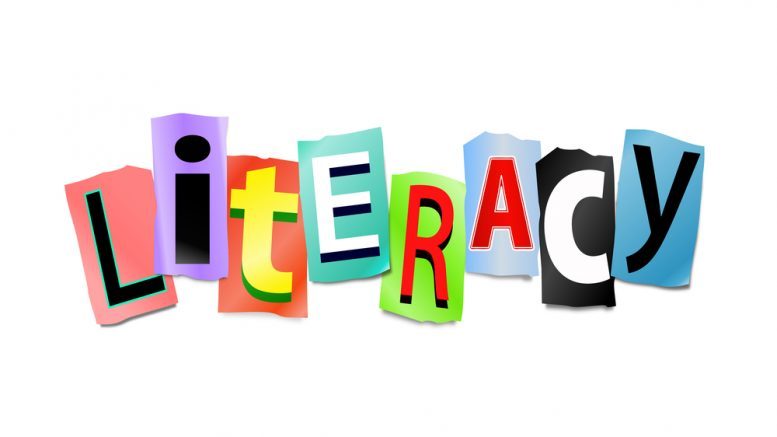Introduction
Assessment is a critical component of the learning process that serves to measure students’ progress, evaluate their understanding of key concepts, and inform instructional decisions. While often associated with tests and exams, assessment encompasses a wide range of methods and approaches aimed at gauging student learning and driving growth. In this blog, we’ll explore the importance of assessment in education and its impact on student achievement and success.
Informing Instruction
One of the primary purposes of assessment is to inform instruction by providing teachers with valuable insights into students’ strengths, weaknesses, and learning needs. Through formative assessment techniques such as quizzes, exit tickets, and class discussions, teachers can gauge student understanding in real-time and adjust their instructional strategies accordingly. By identifying areas where students may be struggling or excelling, teachers can tailor their teaching to better meet the needs of individual learners, ultimately leading to improved learning outcomes.
Measuring Learning Progress
Assessment allows educators to measure students’ learning progress over time and track their academic growth. Summative assessments, such as standardized tests, projects, and portfolios, provide a snapshot of students’ achievement levels at a particular point in time and help determine whether learning goals have been met. By regularly assessing student progress and performance, educators can identify trends, monitor academic growth, and celebrate achievements, providing students with valuable feedback and recognition for their efforts.
Promoting Accountability and Transparency
Assessment promotes accountability and transparency in education by holding students, teachers, and schools accountable for their performance. Standardized assessments and accountability measures provide valuable data on student achievement and school effectiveness, which can inform policy decisions, resource allocation, and improvement efforts. By promoting transparency and accountability, assessment helps ensure that all stakeholders are held to high standards of excellence and are committed to continuous improvement.
Fostering Critical Thinking and Problem-Solving Skills
Well-designed assessments can foster critical thinking, problem-solving, and higher-order thinking skills among students. Performance-based assessments, such as essays, projects, and presentations, require students to apply their knowledge, analyze information, and synthesize ideas to solve real-world problems. By engaging in authentic assessment tasks, students develop essential skills that are crucial for success in college, careers, and life beyond the classroom.
Empowering Students as Learners
Assessment plays a crucial role in empowering students as active participants in their own learning journey. When students understand the purpose of assessment and how it can help them improve, they become more motivated and engaged in the learning process. By involving students in self-assessment, goal-setting, and reflection activities, educators can help them take ownership of their learning, set meaningful goals, and develop metacognitive skills that will serve them well in their academic and personal lives.
Conclusion
In conclusion, assessment is a powerful tool for enhancing learning, driving growth, and promoting accountability in education. By informing instruction, measuring learning progress, promoting accountability and transparency, fostering critical thinking skills, and empowering students as learners, assessment plays a vital role in shaping the educational experience and preparing students for success in a complex and rapidly changing world. As educators, policymakers, and stakeholders, let us recognize the importance of assessment and work together to ensure that it is used effectively to support student achievement and success.





